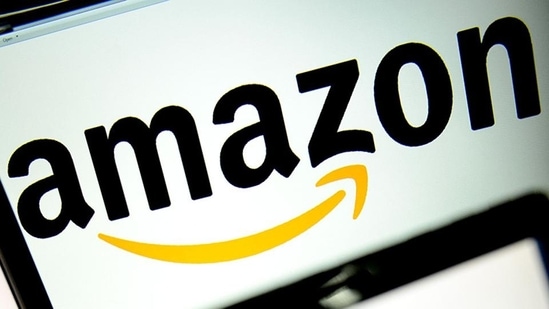Amazon in talks with Swiggy to buy Instamart? ‘Swooped in with interest’
Amazon India in talks with Swiggy for potential Instamart deal as it seeks stake in pre-IPO placement or buyout, a report claimed.
Amazon India has reportedly approached Swiggy for a potential deal involving its quick commerce business Instamart. This comes as Swiggy filed draft papers with Sebi for its ₹10,414 crore initial public offering (IPO). Economic Times reported citing people in the know that Amazon is interested in Instamart. One person said as per the outlet, “Amazon has swooped in with interest to either pick up a stake in the ongoing pre-IPO placement or a buyout proposal for Instamart… but there are multiple roadblocks at the moment."

Read more: Apple users, can you suffer global outage like Microsoft? ‘It is controlled…'
The report also added that there is no official offer on the table till now. In case the talks have to go to the next stage, Amazon will need to move swiftly, the report claimed, as early discussions may not lead to a transaction due to the complicated structure of the deal.
A source told ET, “Swiggy is unlikely to sell only its quick commerce business and Amazon won’t be interested in the food delivery space where growth is starting to plateau. Buying the entire company will be too expensive at a valuation of $10-12 billion. Also, Amazon is not typically known to pick up minority stakes."
Read more: Samsung’s graceful tightrope walk, as Galaxy Z Fold6 retains its foldables lead
Amazon is interested in Instamart as the US retailer has been working on its own quick commerce initiative for months, the report claimed.
Earlier it was reported that Flipkart had explored a similar deal with Swiggy last year but the talks were not successful due to a valuation mismatch. Flipkart was also reportedly in talks with Zepto for an acquisition.
Read more: Microsoft outage didn't impact BSE, NSE, how much do they spend on IT compared to global peers?
A reason for Amazon's decision as per a source quoted in the report could be that "after more than a decade of horizontal ecommerce operating and building massive infrastructure, large online players are still primarily dependent on the top markets for the bulk of their sales. The entry of newer players has been a big concern, which is leading them to opt to buy these assets.”






